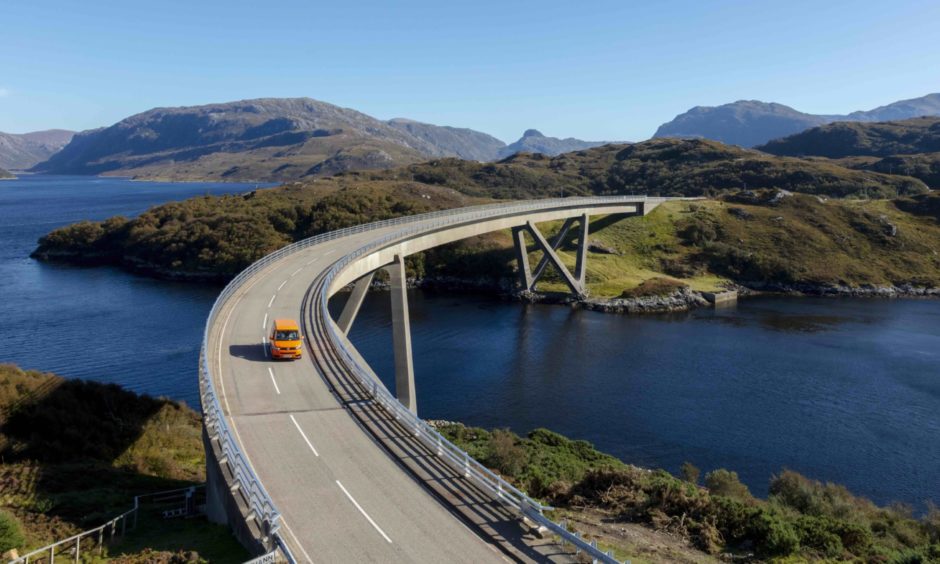Finance secretary Kate Forbes has pledged to review “disincentives” to help tackle the unsustainable impact of second homes and holiday lets on rural communities across Scotland.
Speaking on Election Hub Live, our new election newscast streamed live every afternoon during the campaign, Ms Forbes spoke of how rural communities in her Skye, Lochaber and Badenoch constituency have been impacted by the issue.
Tourism is worth billions of pounds to the Scottish economy and is a key employer but concerns have been raised about the economic and social impact of relying too heavily on the spending of tourists and second home-owners.
Polling of 2,047 adults by Survation for DC Thomson found voters in the north and north-east want action to tackle a growing housing crisis that has left rural communities at risk of “dying”.
One in 10 people surveyed named it in their top three priorities, and that proportion increased to 12% in the sample for Highland and 11% for Moray.

The Highlands population is projected to plummet by more than a fifth over the next two decades and younger people in particular complained about being priced out of the housing market, in part due to an influx of buy-to-let landlords and holiday homes.
Ms Forbes said: “In many parts of my constituency, the problem is not one necessarily of supply. Houses are being built but they are being bought as holiday homes or as second homes and left empty.
“So one of the commitments that we have made is reviewing the disincentives and regulation to try and reduce that.
“We introduced the additional dwelling supplement, that’s a surcharge on the purchase of a second home. We need to review that and make sure it’s actually as effective as possible.
“Access to homes needs to go hand in hand with a diversified economy, making sure that people in local areas are not just dependent on one form of employment, one industry like tourism, but actually have access to other jobs.”
Ms Forbes said the rural entrepreneurs fund, which was announced last week, will encourage entrepreneurs to move to the highlands and islands but also support those already living in the region to grow and diversify to provide well-paying jobs.